On 9 May 1502, a young Spaniard joined the fleet setting sail for the newly discovered Americas. The boy, Hernando, was 13 and his father was Christopher Columbus, ‘Admiral of the Ocean Sea’. Although Columbus père had already crossed the Atlantic three times, this would nevertheless be a journey of almost unimaginable privation. Hernando would witness hurricanes, shark attacks and brutal battles, both with the tribes of the northern Panamanian coast and with mutineers from his own ship. He would suffer fevers, see his father denied entry into the port he had founded a decade earlier, and he would be shipwrecked, for more than a year, on the southern coast of Cuba.
Here, playing for time with the leaders of the Taíno islanders, who had been supplying provisions for the stranded Europeans, Columbus pulled off a feat of extraordinary bravado. Armed with his almanac and as wily as Odysseus, he threatened to bring down a lunar eclipse. Sure enough, at the appointed hour, the moon turned dark. The Taíno were impressed, and continued to feed Columbus’s men until they were rescued three months later.
This is the stuff of adventure fiction: from Mark Twain to Rider Haggard to Tintin, the eclipse gambit has had a long literary afterlife. For young Hernando, however, while he would idolise his father till his dying day, perhaps it is little wonder that he chose to spend his life thereafter on dry land. Besides, his achievements in adulthood would be, in their own way, as breathtaking as his exploits as a teenager. In The Catalogue of Shipwrecked Books Edward Wilson-Lee gives us the first biography in English of Hernando: scholar, courtier and book collector.
The first third of the book is concerned with the explorations which pitched the obscure Columbus family into the centre of Spanish politics. The voyages are astonishing — brutal and chaotic, but also dreamlike, as when a boat, unprompted, begins to skitter crazily around the bay, only to reveal a huge fish shaped like a cape (a ray) beneath it. For Columbus senior, as for his patrons Ferdinand and Isabella, greed and millenarian zeal are inextricable as motives for the voyages, and Wilson-Lee is good at conveying the seemingly contradictory nature of Columbus’s personality, both visionary and narcissist, part St John of Patmos, part P. T. Barnum. (Part Mister Kurtz, too, but the savagery of his governorship of Hispaniola is not covered here.)
Hernando, however, turns out to be an altogether different creature. The very model of the Renaissance man, his own wild surmise would concern the possibilities of bringing order to the sea of information that flowed from the newly invented printing presses. Our modern sense of information overload is by no means a new one. Ecclesiastes 12:12 warns us, ‘of making many books there is no end’; while the Gutenberg revolution ramped up this production by several orders of magnitude. Too much to know, indeed.
Hernando’s incredible solution was to collect it all. Over the course of his life, he would amass the greatest library of his time — some 15,000 volumes — in a collection unbounded by language, subject or religion, as interested in cheap print as in fine editions: a single repository for all the knowledge of the age.
Much of Hernando’s adult life was spent in travel — albeit in slightly more luxury than when he was aboard his father’s ship — and Wilson-Lee is able to offer a rich picture of early 16th-century Europe, not just Spain, but Rome, Venice, Brussels and Louvain. At each juncture, however, we are given a split screen, as Hernando’s experiences inform the development of his library: collecting, ordering, cataloguing.
To take one example, in 1524 Hernando was dispatched to head the Spanish delegation at a conference to establish the circumference of the globe (therefore concluding whether Spain or Portugal had legal right to the spice islands of the Moluccas). As Hernando and his team pore over the latest maps of the Pacific, Wilson-Lee cuts to Hernando in his library deliberating over how his collection should be navigated. Information must be indexed — charted — for it to be anything other than ‘dead’ books. And when Hernando reads More’s Utopia, Wilson-Lee has him pondering the strange characters of the Utopian alphabet, formulating the system of symbols that he will use in his card catalogue.
If this sounds slightly clunky, it really isn’t. Wilson-Lee’s great strength is the subtlety with which Hernando’s public life as a courtier and his private life as a collector are interwoven. Unless you like libraries a lot then the most important thing about Hernando is not the most interesting. But in these elegantly handled parallels, Wilson-Lee leads us almost by stealth to an understanding of his subject’s greatest achievement. The Catalogue of Shipwrecked Books offers us the biography of a man whose peripatetic life took him from the shores of an uncharted world to the coronation of the Holy Roman Emperor, from Tudor England to Medici Rome. But, at the same time, it gives us a picture of an extraordinary mind, conceiving and then creating a sort of steampunk Google.
Towards the end of the book, Wilson-Lee muses on the genre of biography. It is ‘a literary ruse’, he claims, ‘a sleight of hand that uses the personal story to say something about the world beyond that person, to arrange (in a sense) the world around them’. This is true, certainly, but new biographies also inevitably tell us something about the world around us: how it is ordered, what we find important. It is fitting, then, as we flinch from the actions of Columbus senior, that Hernando should step into the limelight: a pioneer of information technology and creator of the first great search engine of the print era.
Got something to add? Join the discussion and comment below.
Get 10 issues for just $10
Subscribe to The Spectator Australia today for the next 10 magazine issues, plus full online access, for just $10.
You might disagree with half of it, but you’ll enjoy reading all of it. Try your first month for free, then just $2 a week for the remainder of your first year.


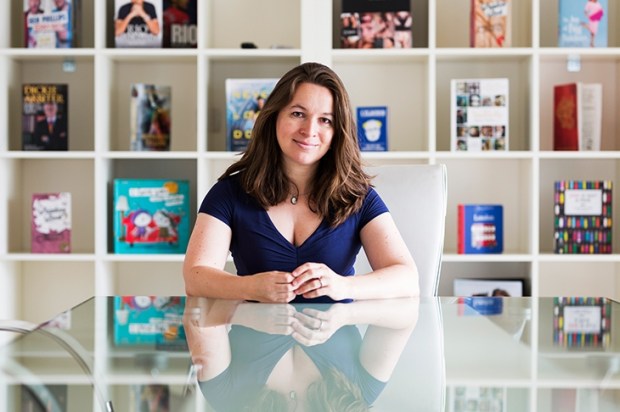
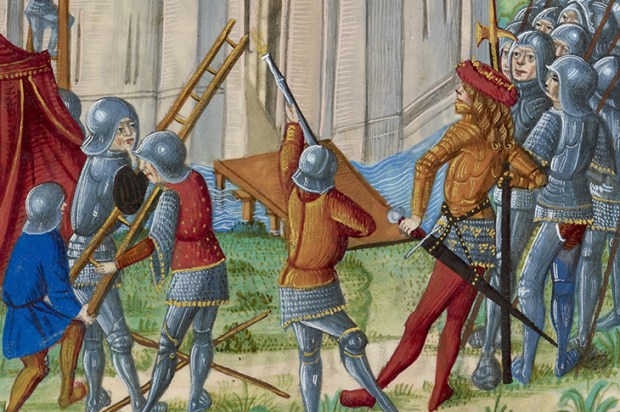
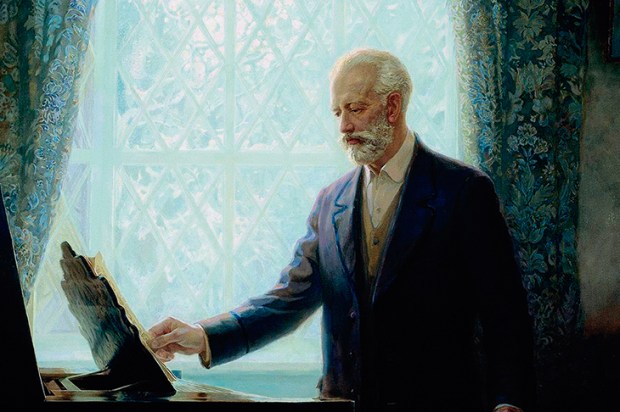
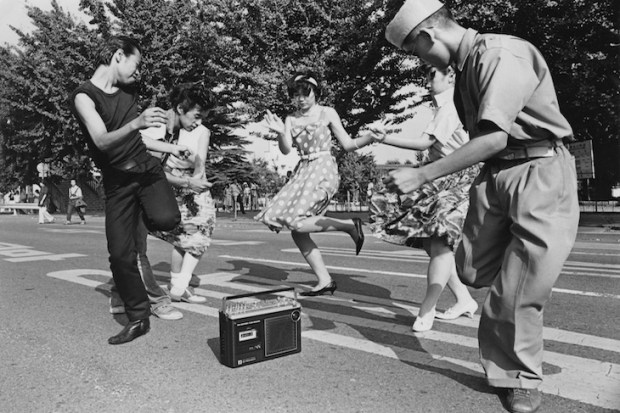
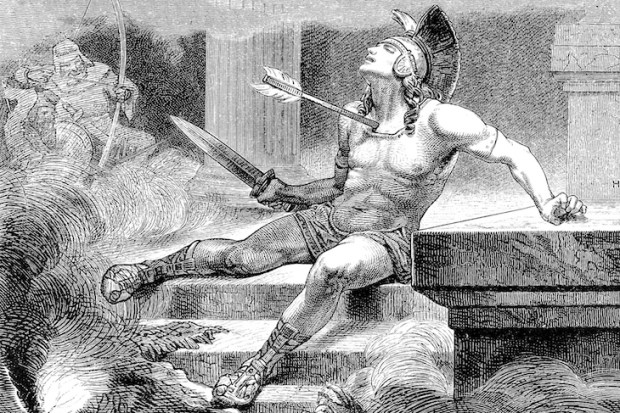
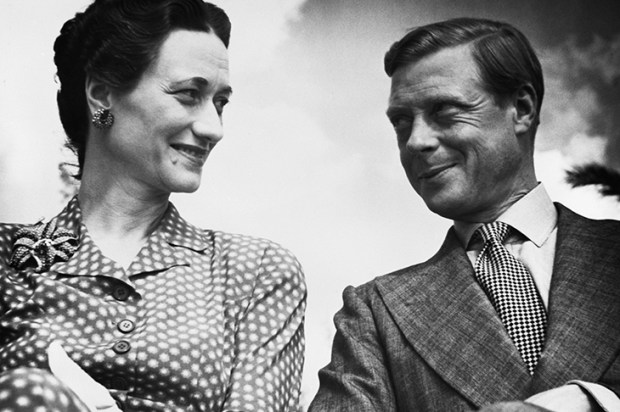






Comments
Don't miss out
Join the conversation with other Spectator Australia readers. Subscribe to leave a comment.
SUBSCRIBEAlready a subscriber? Log in